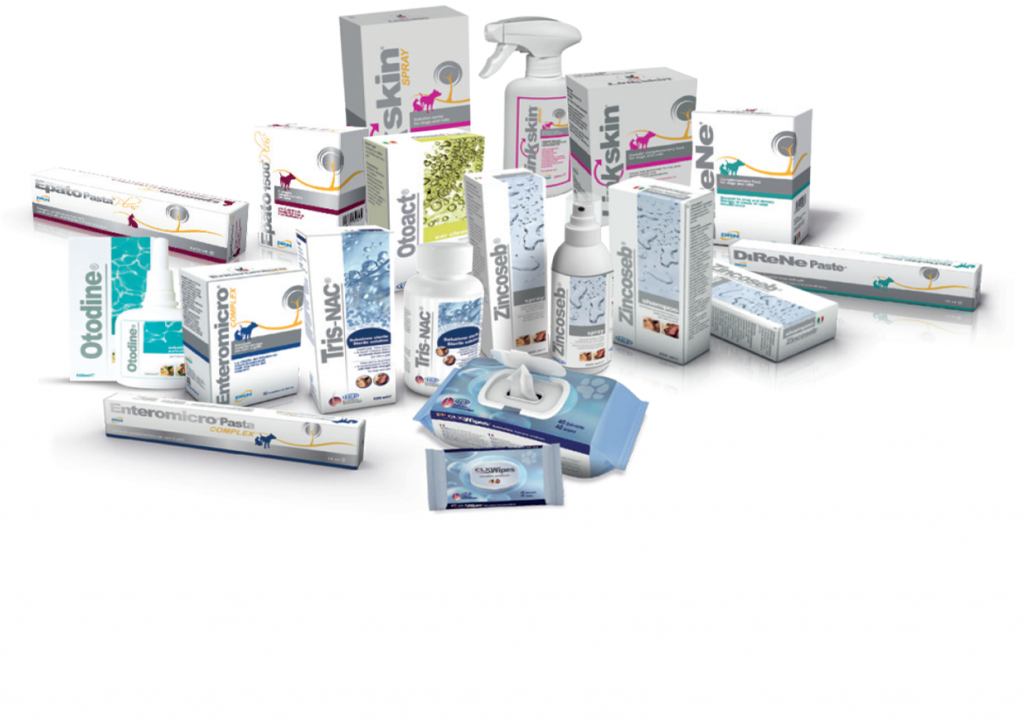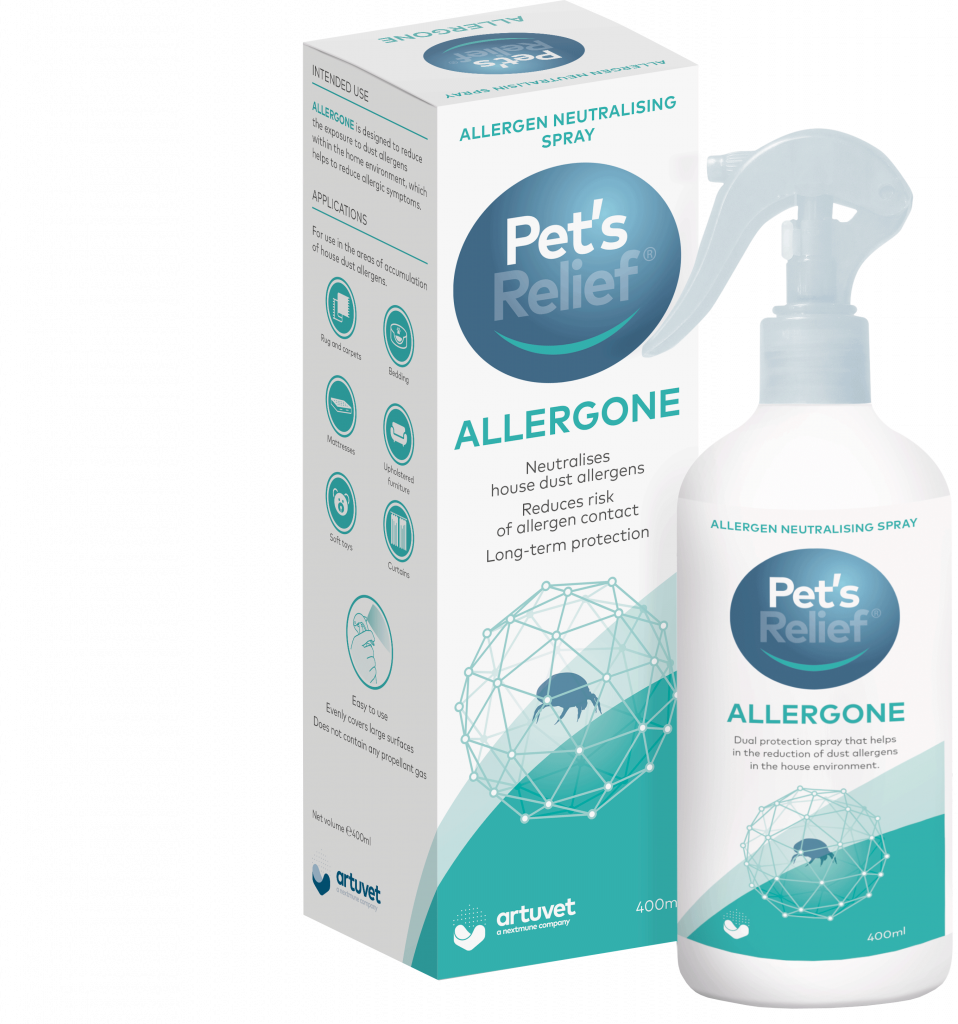Horse allergy treatment
Let’s talk about allergy treatment
The only treatment that can strengthen your horse’s immune system so that it no longer reacts to environmental allergens is immunotherapy (also called allergen-specific immunotherapy). Immunotherapy treatment is tailored for your horse specifically, and aims to stop the allergy symptoms from affecting its overall health, comfort and quality of life. It is also doping-free which is important for sports horses.
Immunotherapy
Immunotherapy involves injecting very small amounts of the allergens your horse is allergic beneath the skin (subcutaneously). The amount is small initially but increases over several months to achieve an effective maintenance dose.
One of the big advantages of immunotherapy is that it only requires one injection per month. The goal is to make your horse’s immune system less sensitive (or totally insensitive) to the allergens, so that the allergic reaction and symptoms decrease or disappear.
Immunotherapy is effective and for long-term use and will need to be given over your horse’s lifetime.
How to start immunotherapy?
Before starting this treatment, it is important that your horse is comfortable, and its symptoms are under control. If that is not the case, short-term symptomatic medication can help, and your vet will advise you about the best options.
The volume of the first dose is 0.2 ml, and the volume is gradually increased over longer intervals to a maximum of 1.0 ml. If this treatment schedule is too fast for your horse, your vet can advise you on how to adjust it.
When the maintenance dose of 1 ml is reached (after 13 weeks), injections should be continued at monthly intervals. This interval can also be adjusted, depending on the time period that provides the best symptom control. To work out if any adjustment is required, you can use the Immunotherapy Treatment Diary, in which you can keep track of the doses given, note the symptoms and add comments.
What to expect from immunotherapy?

Every horse responds differently to any given medication, butimmunotherapy is proven to be successful and has a very high efficacy rate. Around 84% of horses improve after starting the treatment, and most show improvements within a few months. In a few cases it can take up to 12 months to see results.
A very small percentage may not improve much. If this applies to your horse, it is important to work closely with your vet, because other factors are likely to be involved in the lack of improvement, such as parasites, food allergy or secondary skin infections. This is why it is important to have regular follow-up, especially during the first year of treatment. Occasionally, it can be necessary to change the dosage and intervals between injections. Sometimes it can be useful to re-test with the NextEQ Blood Test, especially if it is suspected that your horse has developed a new allergy.
If your horse is on immunotherapy and you are not getting the results you expect, you can use our call back form and we will contact your vet to provide assistance about your horse’s care.
Topicals and supplements

Other products can be very beneficial in combination with immunotherapy. Supplements can promote a healthier skin and improve the skin barrier. These include essential fatty acids supplemants, or topical products such as medicated shampoos, sprays and wipes.
Bathing in water helps relieve itchiness and removes environmental allergens from your horse’s skin, but it is important to choose the right shampoo.– Read more about topical products and supplements
Read moreReduce allergen exposure

You can also try to reduce exposure of your horse to the allergens as much as possible, by using insect repellents or an allergen neutralising spray like Pet’s Relief Allergone.
This spray neutralises allergens from house-dust mites and reduces exposure to dust allergens in general. It gives proven protection and efficacy for 5 months after a single application.
We provide full information about specific allergens and measures you can take to reduce exposure / reduce symptoms.
Read moreShort-term symptomatic medication
If your horse is suffering very badly, steroids are a good short-term solution for controlling itchiness. They are good especially in the early stages, when your vet is still trying to determine whether allergy is the problem, or when starting immunotherapy treatment.
However, steroids do not treat the allergy itself, which means your horse will continue to be allergic and its immune system will still react to the allergens – you will just not notice the symptoms. In the long term, this can create serious problems because other diseases may occur where the main symptom is itching or scratching, including skin infections. You will not be able to notice that something else is wrong and your horse’s condition may worsen. In addition, steroids have side effects and are considered as doping for sport horses.